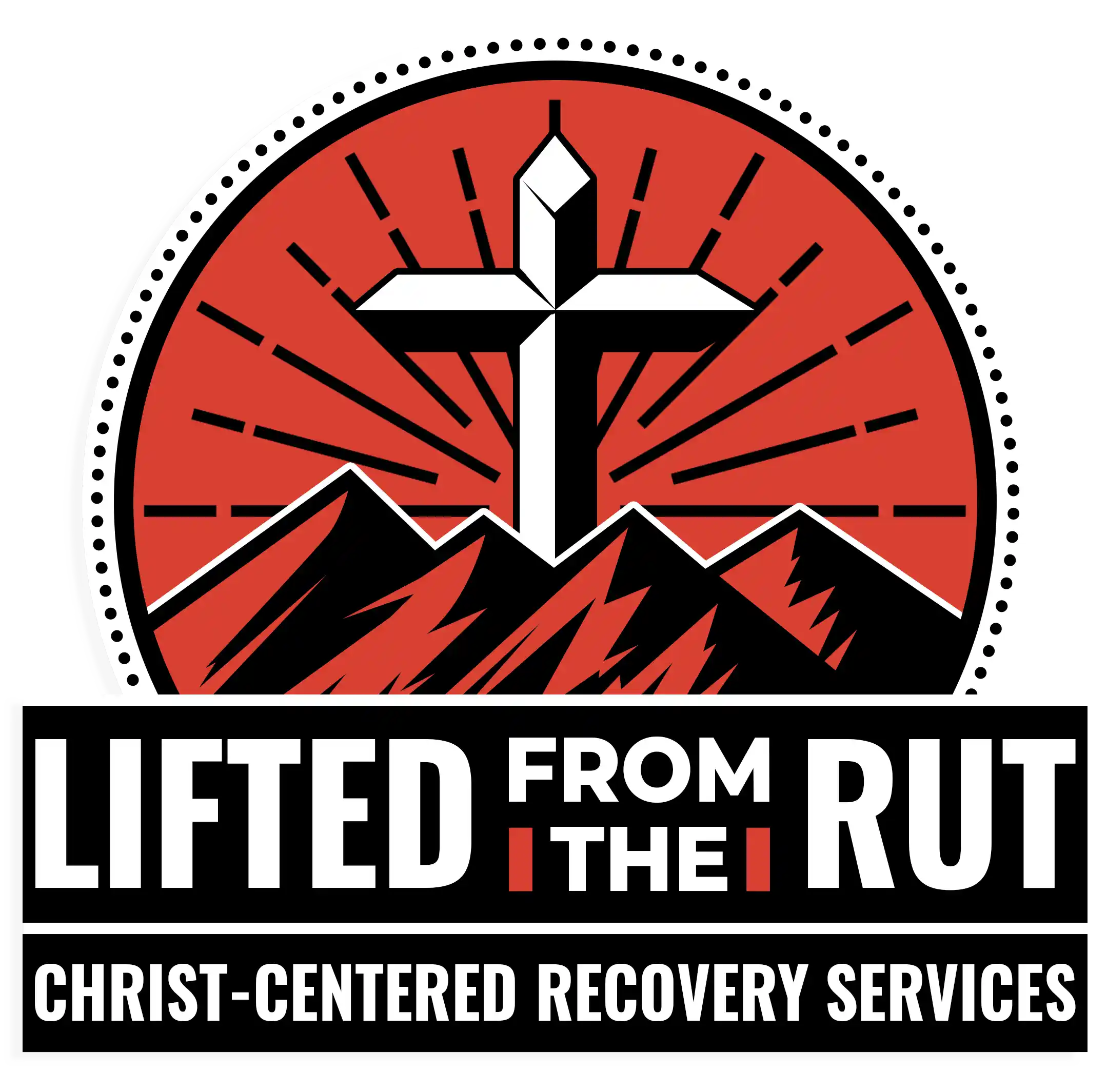Intervention is a crucial step in addiction treatment that often marks the turning point toward recovery. It involves a structured approach where loved ones come together to confront a person struggling with substance abuse, aiming to encourage them to seek professional help. Successful interventions can help break down denial and open pathways to lasting change.
This article will explain the four key stages of intervention, outlining the steps from initial preparation to follow-up after treatment. Understanding these stages can empower families and friends to support their loved ones effectively and compassionately.
The Importance of Intervention
Intervention plays a vital role in addiction treatment as it often serves as the crucial turning point for individuals struggling with substance abuse. Addiction can cause denial and isolation, making it difficult for a person to recognize the severity of their problem or seek help on their own. A well-planned intervention, carried out with love and support, helps break through these barriers by showing the person that their behavior affects not only themselves but also those who care about them.
Involving close family and friends in this mediation creates a network of encouragement and accountability, thus increasing the likelihood that the individual will accept treatment. For those seeking expert guidance, opting for professional addiction intervention services can provide specialized support tailored to each situation.
During this process faith offers individuals hope, purpose, and inner strength. Reconnecting with spiritual beliefs during this challenging time often provides emotional support, a sense of community, and a moral framework that fosters forgiveness and healing, helping to overcome feelings of shame and isolation as one moves toward lasting sobriety.
Without such measures, many people may continue on a destructive path, risking worsening health, relationships, and life outcomes.
Stage 1: Preparation
The first stage of intervention involves gathering detailed information about the person’s addiction and behavioral patterns. This preparation includes selecting a committed intervention team—typically close family members and friends—and, if possible, consulting a professional interventionist to guide the process.
The team educates themselves about addiction and available treatment options to communicate effectively and compassionately. A plan is then developed, covering timing, location, individual roles, and the goals of the mediation. Preparing heartfelt, non-judgmental impact statements allows each team member to express their concerns, focusing on love and support rather than blame.
Faith fosters a spirit of compassion, patience, and forgiveness, encouraging all involved to approach the intervention with humility and a belief in the possibility of healing and renewal.
Stage 2: Planning
Once the team is assembled and informed, the planning stage sets the logistics of the intervention meeting. This includes scheduling a date and selecting a neutral, private location suited for a serious but supportive conversation. The group rehearses what to say and how to handle emotional reactions to maintain focus and calm.
Clear consequences for refusing treatment are established beforehand and discussed during planning, ensuring the message is firm but caring. The team also prepares information on immediate treatment options so they can offer concrete support during the process.
In this stage faith encourages a prayerful or reflective approach that brings peace and resolve as loved ones prepare to confront difficult emotions and challenges with compassion and hope for positive change.

Stage 3: The Intervention Meeting
During the intervention meeting, the team presents their concerns directly to the person struggling with addiction without pre-disclosing the full plan to avoid deflection or withdrawal. Each participant shares their prepared statements sincerely, highlighting how addiction has affected them and expressing hope for recovery.
Treatment options are then offered clearly, emphasizing support and readiness to help through every stage of rehabilitation. Boundaries and consequences for refusal to seek help are communicated compassionately but firmly. The team manages emotional responses carefully to keep the dialogue productive and focused on encouraging acceptance of treatment.
Stage 4: Post-Intervention Follow-Up
After the intervention, ongoing support is essential regardless of the immediate outcome. If the person accepts help, coordinating treatment admissions and supporting the transition is a priority. If they refuse, the team must uphold the agreed consequences to prevent enabling and encourage accountability.
Family involvement often continues through therapy, support groups, or Christian counseling to bolster recovery efforts and provide a stable support system. Monitoring for relapse signs and reinforcing healthy behaviors are also crucial components during this stage to help maintain long-term sobriety.
Final Thoughts from LFTR Christ-Centered Rehab Services
Recognizing substance misuse in its earliest stage gives individuals the best chance of avoiding the lasting damage and emotional toll of addiction. By moving quickly through the four stages of intervention—identifying the problem, preparing a compassionate, Christian approach, taking action, and providing follow-up care—lives can be changed before addiction takes a deeper hold.
At LFTR Christ-Centered Recovery Services, we guide families and individuals through each stage with practical, faith-based support. Our outpatient programs in Littleton, CO, Christian counseling, and family-focused resources are designed to address issues early, foster understanding, and create a clear path toward lasting change. From the first signs of trouble to ongoing recovery, we’re committed to helping people reclaim their lives with clarity, purpose, and hope.





